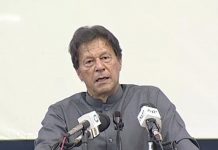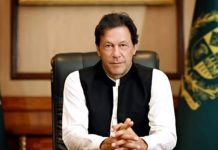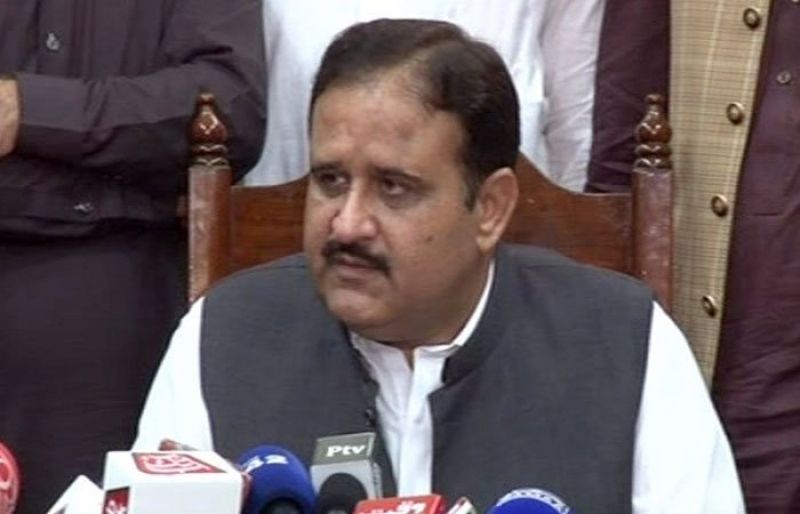مضمون کا ماخذ : سانتا کا سرپرائز
متعلقہ مضامین
-
Determine Bonus Rasmi Tafreehi App: Apna Bonus Kaisy Tay Karein
-
Immortal Way Gloves Rasmi Tafreehi Portal
-
Jiaduobao الیکٹرانک کریڈیبل بیٹنگ لنک کے بارے میں اہم معلومات
-
معتبر بکارت تفریحی ویب سائٹس
-
12 PIA employees nabbed for allegedly trafficking heroin
-
HCCI demands railcar from Karachi to Hyderabad
-
PM to inaugurate Chashma-III project
-
ڈریگن ہیچنگ 2 تفریحی سرکاری ویب سائٹ
-
R88 الیکٹرانک تفریح کا سرکاری لنک
-
جی ای ایم الیکٹرانک انٹرٹینمنٹ آفیشل فورم کی اہمیت اور خصوصیات
-
اسٹاربرسٹ ٹرسٹ بیٹنگ انٹری کی مکمل گائیڈ
-
جی ای ایم الیکٹرانکس آفیشل انٹرٹینمنٹ ایپ: تفریح کا نیا ذریعہ













